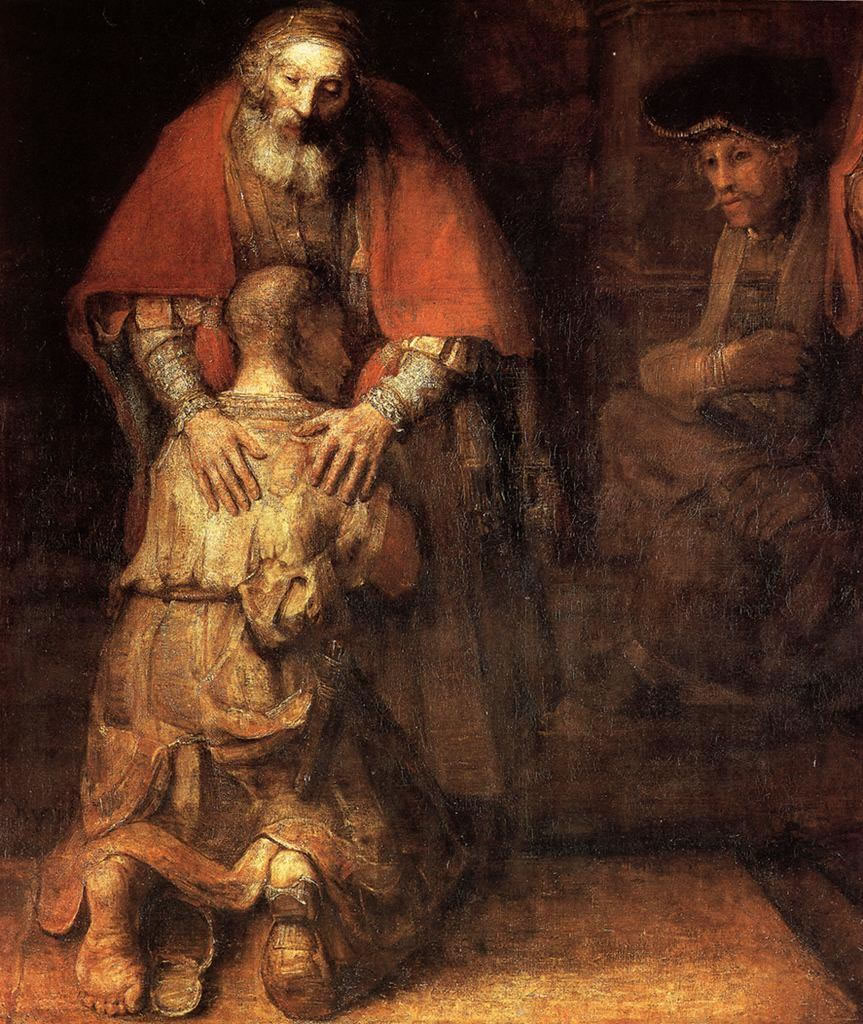A couple of months ago I came across an article in The Huffington Post that verified something I’ve heard about for a while: that the states that take the most from the federal government are generally the strongest advocates for self sufficiency and the most vociferous complainers about “big gummint.” I share a poem today that does a pretty good job of describing them.
First, a few statistics. According to the piece, the biggest beneficiaries are generally in the southeast although a few are elsewhere. They include Mississippi, Alabama, Louisiana, Tennessee, South Carolina and (the elsewhere) New Mexico, Montana, South Dakota, and Maine. According to author Ben Hallman,
The “takingest” states, in a tie, are Mississippi and New Mexico, according to the analysis. Both states take about $3 in federal spending for every $1 contributed in taxes. Both states are highly dependent on federal funding as a percentage of state revenue. And New Mexico, especially, has lots of federal workers.
The state with the lowest return on taxpayer investment is South Carolina. Its citizens pay $1 in taxes per capita for every $7.87 in federal funding received.
Scott Bates’ “The Return of the Prodigal Son” plays with the well known parable from Luke (15:11-32). As Jesus tells the story, a younger brother demands his inheritance from his father and then proceeds to squander it. Poor and starving, he returns to his father, who welcomes him with open arms, killing a fatted calf to honor the occasion. When the obedient elder brother complains, he gets the following explanation:
“My son,” the father said, “you are always with me, and everything I have is yours. But we had to celebrate and be glad, because this brother of yours was dead and is alive again; he was lost and is found.”
Jesus is reassuring us that, even if we sin, we will be welcomed back by God if we repent. We can make up for squandering the blessings that have been bestowed upon us.
It’s not clear what the son in the poem has been up to but he doesn’t come back entirely destitute, even though he’s fallen from where he was. It sounds he like a made a killing and then lost it. I imagine him selling Enron futures or Bernie Madoff investments or subprime interest loans. Now he is on the lookout for a new business opportunity. The poem is chilling:
The Return of the Prodigal Son
By Scott Bates
Prodigal, hell. I worked out there.
I worked like a bastard. But I got paid.
If I come back a millionaire,
I earned every goddamned dollar I made.
Brother, I got to the top and I bounced—back to here.
You better wise up. Your place is a mess,
Your calf looks like hell. I’ll buy you a beer.
Then we’ll talk business.
This poem reminds me of just how many conmen (and women) there are out there. Trumpeting libertarian ideals while crying victimization, they raise millions from sweetheart business deals and generous tax breaks and fear-based fund raising and book deals and television gigs. Cliven Bundy, the Nevada cattle rancher, is only the latest example: after being called to account for grazing his cattle for free on federal land for over 20 years, he calls in armed militia to defend his “ancestral land rights,” even though it turns out his family bought the ranch he runs in 1948 and even though the grazing fees he chooses not to pay are already dirt cheap because they are subsidized by the federal government.
We don’t see the father in Bates’ poem but it sounds like his “penitent” son has pulled the wool over his eyes. Perhaps he’s a naive leader who believes people when they claim to have the good of the country at heart. The elder brother sees what’s going on but is powerless to stop someone who is willing to pull out all the stops.
In short, it looks like the meek will have to settle for heaven. In the here and now, someone else is taking over the farm.


